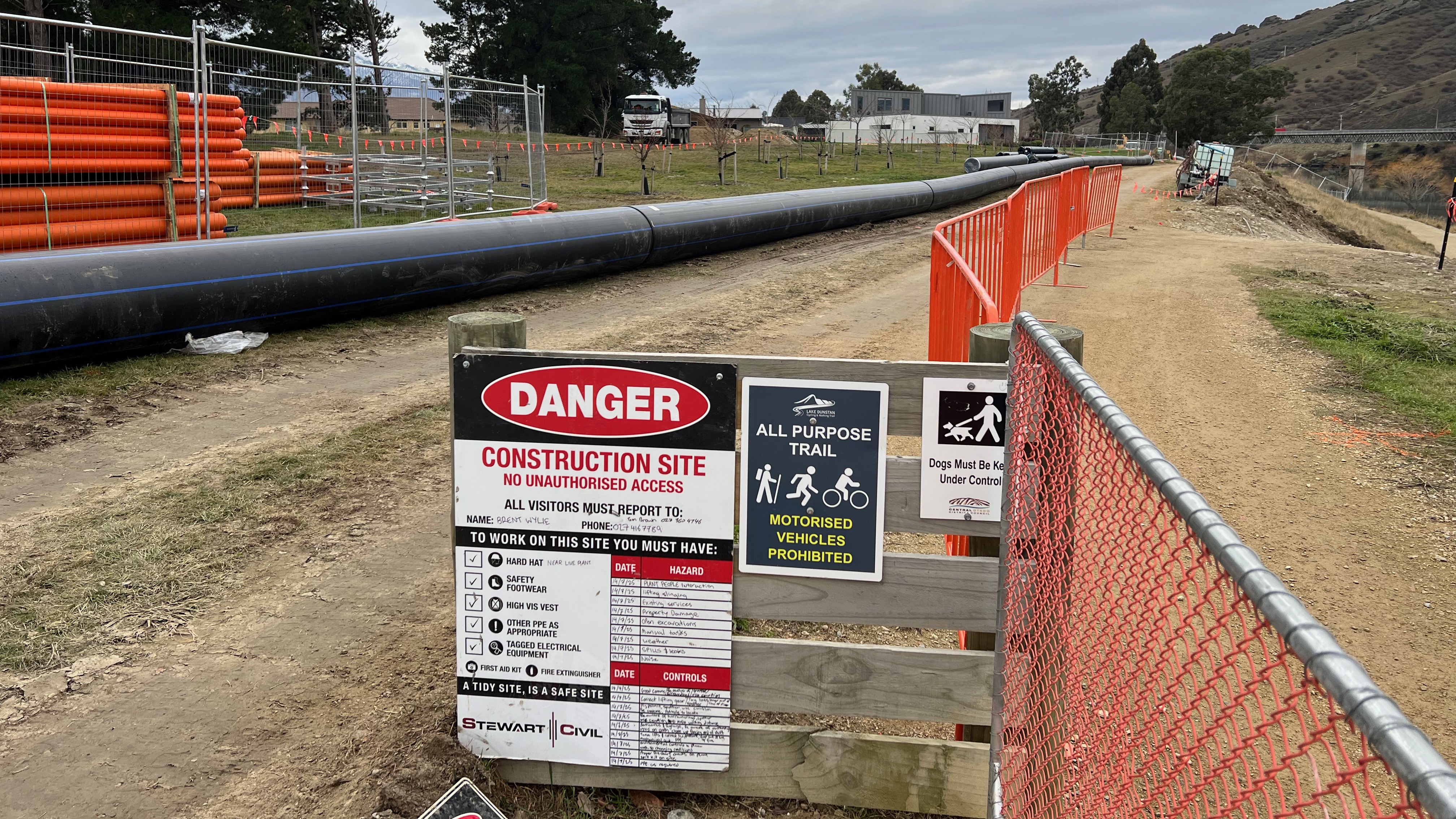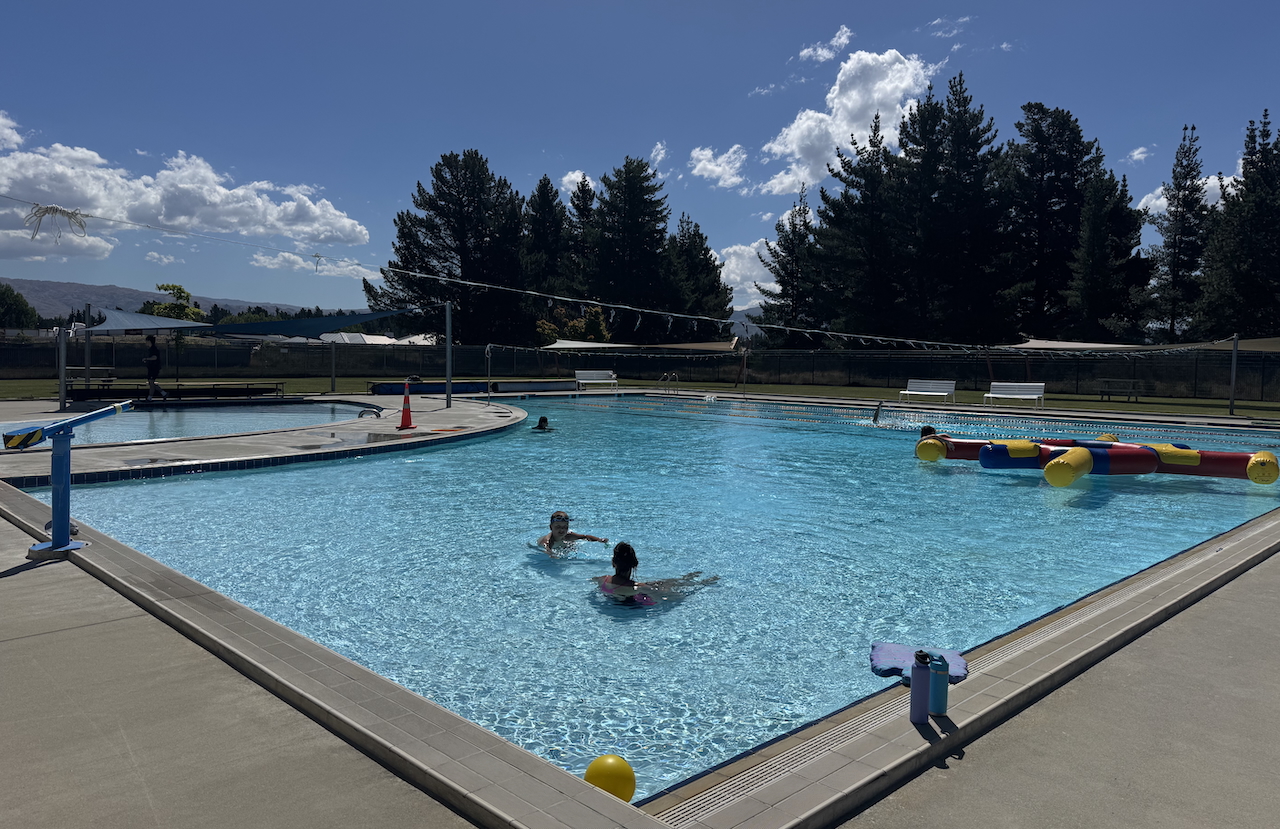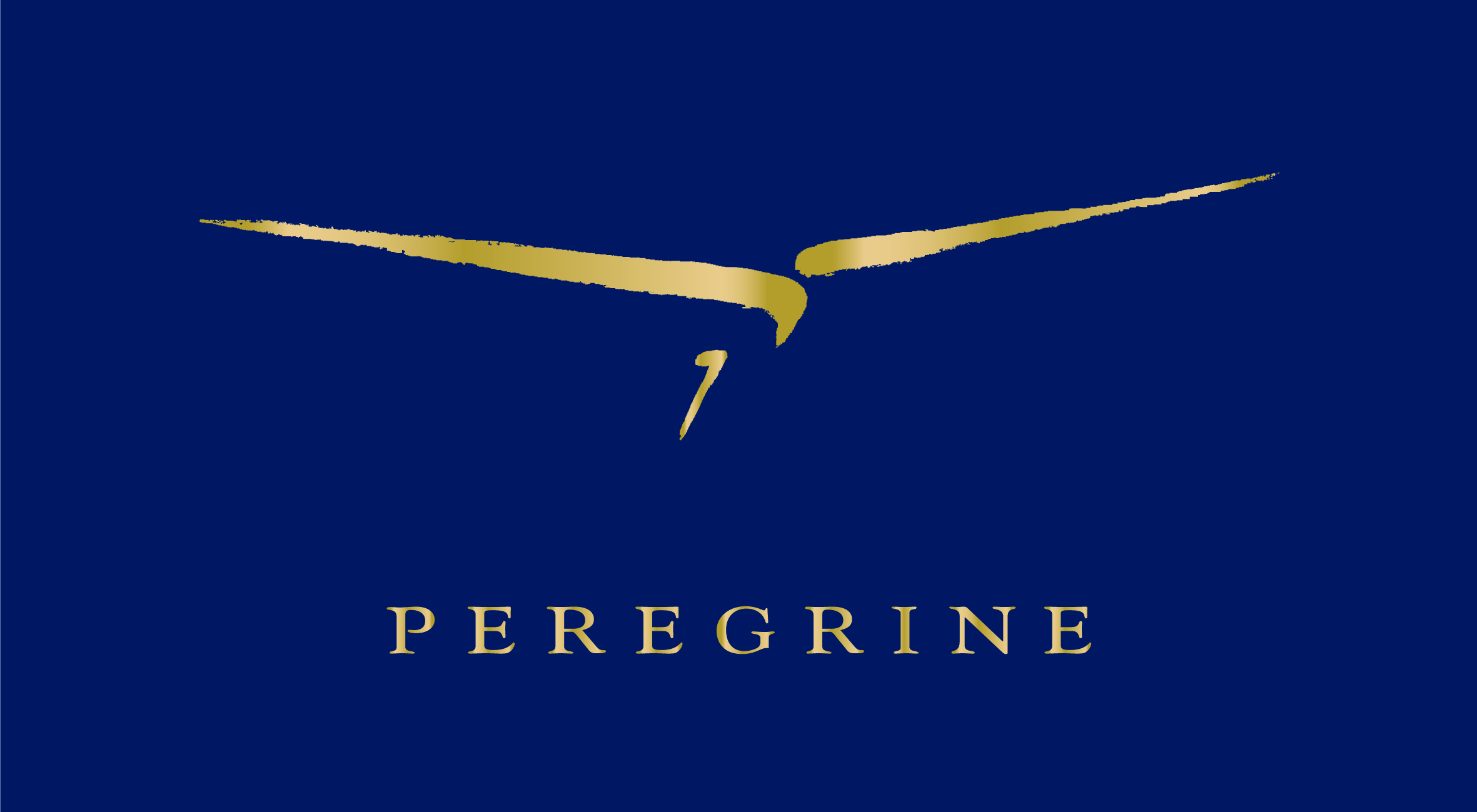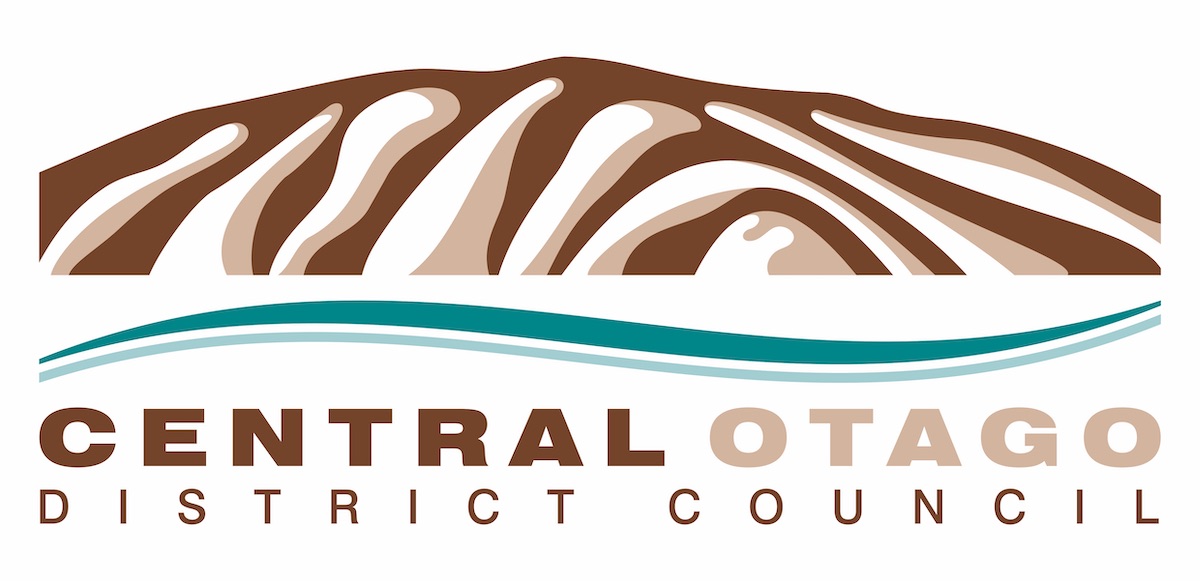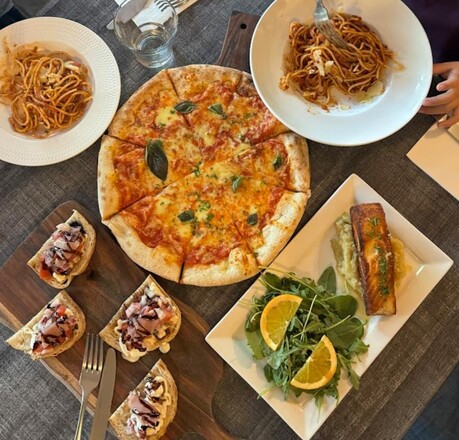Pool provides confidence and community - women’s swim sessions to return
Kim Bowden
03 August 2025, 5:45 PM
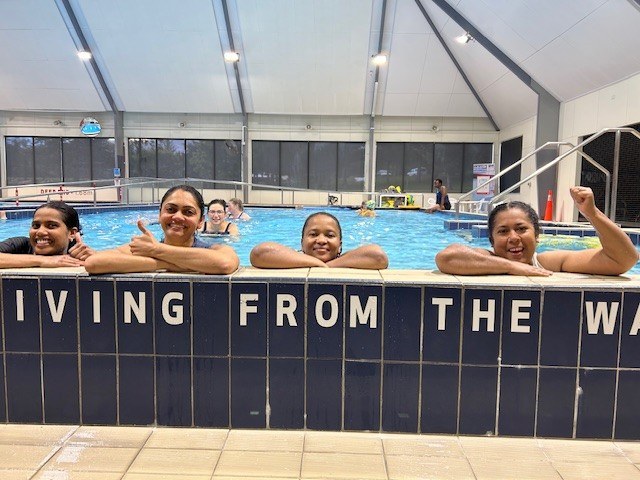 Women’s Wednesdays at the swimming pool in Cromwell will be back for spring. Image: CODC
Women’s Wednesdays at the swimming pool in Cromwell will be back for spring. Image: CODCMaria had a near-drowning experience in a river in India, so even after moving to Cromwell and living “a stone’s throw” from the local pool - she never set foot in it.
That changed earlier this year, when she joined a women’s swimming programme and, by the final session, swam an entire length of the pool.
She wasn’t alone. The six-week Women’s Wednesdays programme saw migrant and local women, many of whom had never learned to swim, dive into something unfamiliar and come away with new skills, friendships, and confidence.
“Many of the women said they signed up as they were too afraid to take their children swimming in the summertime,” Welcoming Communities officer Heather Harries said.
“And that’s such a huge part of our Kiwi culture.”
Heather said research showed people from “other” ethnic backgrounds were significantly overrepresented in New Zealand’s drowning statistics.
“Maria’s story is one that we look to replicate over and over again.”
The pilot, run in partnership with Welcoming Communities, Sport Central, Health New Zealand, and the local pool team, was so successful it is returning this spring as a 10-week programme in Cromwell and a three-week programme in Alexandra.
It is just one of the many community-led initiatives supported by Welcoming Communities, a programme that’s helping newcomers - whether they are arriving from overseas or elsewhere in New Zealand - feel at home in Central Otago.
This week, Heather presented highlights of the programme to elected members of Central Otago District Council off the back of receiving Stage 2 accreditation through Immigration New Zealand - a formal nod to the community’s efforts to be intentionally welcoming.
From volunteer “speed dating” events that help newcomers find their place in the community, to business mentoring in partnership with Business South, and cultural festivals celebrating the district’s growing diversity, the programme’s work has been broad and focused on the grassroots.
Heather said many of Central Otago’s newcomers are “domestic migrants” - often retirees or remote workers - who can also struggle to settle and establish new friendships.
While the future of the programme beyond 2026 is uncertain, Heather’s focus now is on building lasting momentum.
“This programme was never intended to run forever,” she told councillors.
“But these extra two years have gifted us an opportunity to consolidate existing relationships and networks, and ensure self-sustaining initiatives are strong and healthy once there is no paid position to lead the way.”
When an initial three-year partnership with the Ministry of Business, Innovation and Employment came to an end in July 2024, the council agreed to extend the Welcoming Communities work for another two years, with additional funding support from the Central Lakes Trust.
Have a story to share or comment to make? Contact [email protected]
NEWS
JOBS
